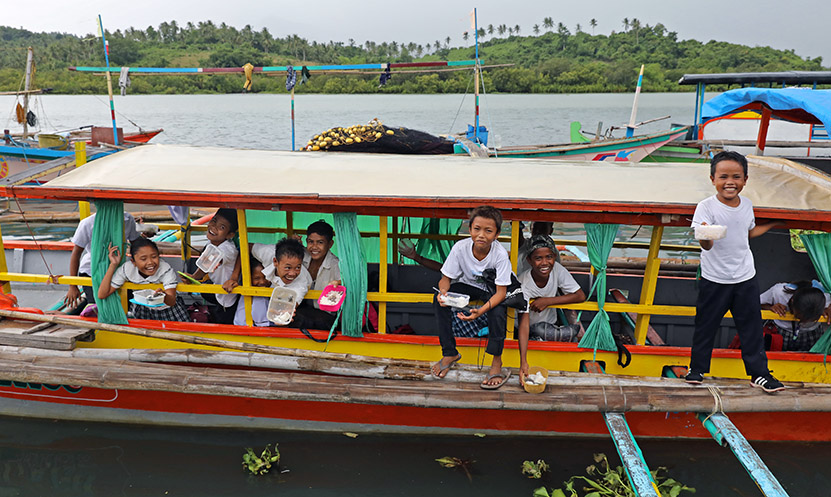Senator Win Gatchalian is seeking a Senate inquiry that would assess the impact of the COVID-19 pandemic on the country’s basic education system.

Senate Resolution No. 391, which calls for an inquiry in aid of legislation, aims to guide government response that would mitigate the effects of COVID-19 on schools. The inquiry would also help identify recovery and transition measures that would create a sustainable and resilient education system in time of emergencies.
Classes in all levels at the National Capital Region (NCR) were first suspended from March 10 to March 14 following the first local transmission of COVID-19 in the country. The declaration of a Luzon-wide Enhanced Community Quarantine (ECQ) on March 16, however, led to the early culmination of school year 2019-2020, which forced schools nationwide to dispense with the giving of final examinations.
According to Gatchalian, the COVID-19 pandemic not only interrupted learning for the country’s 28,451,212 learners from pre-primary to tertiary levels. The health crisis also aggravated the plight of vulnerable and marginalized learners and the existing disparities within the education system. Gatchalian added that students confined to their homes face other risks such as poor nutrition, mental health problems, and increased exposure to violence and exploitation.
“Hindi lamang natin sisikaping makabangon ang ating sistema ng edukasyon mula sa naging epekto ng COVID-19, kailangan nating patatagin ang kakayahan ng ating mga paaralan na ipagpatuloy ang pagbibigay ng dekalidad na edukasyon sa panahon ng mga krisis at sakuna,” said Gatchalian, Chairman of the Senate Committee on Basic Education, Arts and Culture.
“Higit sa lahat, kailangan din nating ihanda nang maigi ang mga mag-aaral sa tinatawag na new normal na sistema ng edukasyon,” he added.
One of the first steps that the Department of Education (DepEd) did to ensure continued learning delivery is the launch of DepEd Commons, an online platform that aims to support alternative learning modalities. While the platform has more than 5 million users to date, DepEd acknowledged that not all learners have internet connection and available devices for online learning.
In developing its Learning Continuity Plan, DepEd eyes the use of other platforms and tools such as radio, television, and printed packets to reach all learners, especially those in the ‘Last Mile Schools’ or those that have multi-grade classes, with less than five teachers, and a student population of less than 100 learners where most of whom are indigenous people.
Gatchalian emphasized, however, the need to prepare learners, parents, and teachers to accept learning from home as the new norm, noting that these sudden shifts can cause additional stress and confusion.
Gatchalian also acknowledged the need to help private institutions. According to the Coordinating Council of Private Educational Associations (COCOPEA), an umbrella organization of 2,500 institutions, 409,757 private school teachers and personnel are receiving either reduced or no pay because of school closures. Around 15.5 percent of students enrolled in elementary and high school are enrolled in private schools, according to DepEd.


